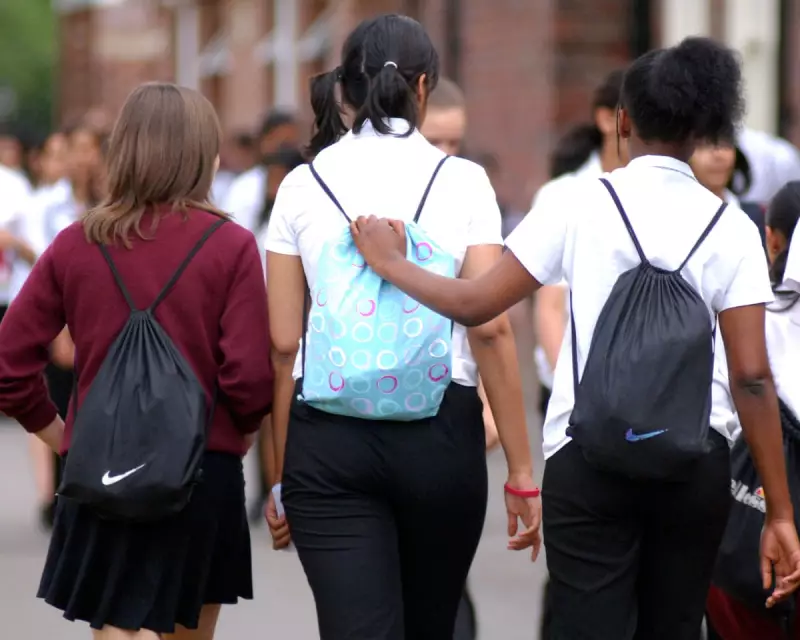
A stark new study has revealed that feeling unsafe is a daily reality forcing the vast majority of girls and young women in the UK to significantly alter their behaviour. The research, conducted by the charity Plan International UK, paints a concerning picture of the compromises made in everyday life.
The Scale of the Issue
The findings are unequivocal: a staggering 73% of girls and young women aged 12 to 21 report changing their habits to feel more secure. This isn't an occasional worry but a persistent factor influencing decisions from dusk till dawn.
How Behaviour is Being Altered
The adaptations are extensive and often restrictive. The study highlights several key areas where young women feel compelled to self-limit:
- Avoiding Public Transport: Many will choose longer, more expensive routes or avoid travelling altogether at certain times.
- Changing Routes: Taking well-lit, longer paths instead of direct shortcuts is a common tactic.
- Altering Appearance: A significant number report choosing different clothing to avoid unwanted attention.
- Fake Phone Calls: Pretending to be on the phone is a frequent strategy to appear less vulnerable.
- Avoiding Social Situations: Some will skip events or leave early due to safety concerns about the journey home.
The Emotional and Social Toll
This constant vigilance is more than an inconvenience; it carries a heavy psychological burden. The research indicates that this hyper-awareness leads to increased anxiety and stress, limiting freedom and opportunities. It affects educational engagement, social participation, and overall mental wellbeing, creating a tangible barrier to equality.
A Call for Systemic Change
Plan International UK is urging the government, local authorities, and police forces to take immediate and concrete action. Recommendations include improved street lighting, safer public transport policies, and robust education programmes focused on respect and consent. The charity emphasises that the responsibility should not fall on young women to protect themselves, but on society to create environments where such protection is inherent.
The study serves as a powerful reminder that for many in the UK, the simple act of moving through public space is a calculated risk, demanding a response that ensures safety is a right, not a privilege earned by constant compromise.





